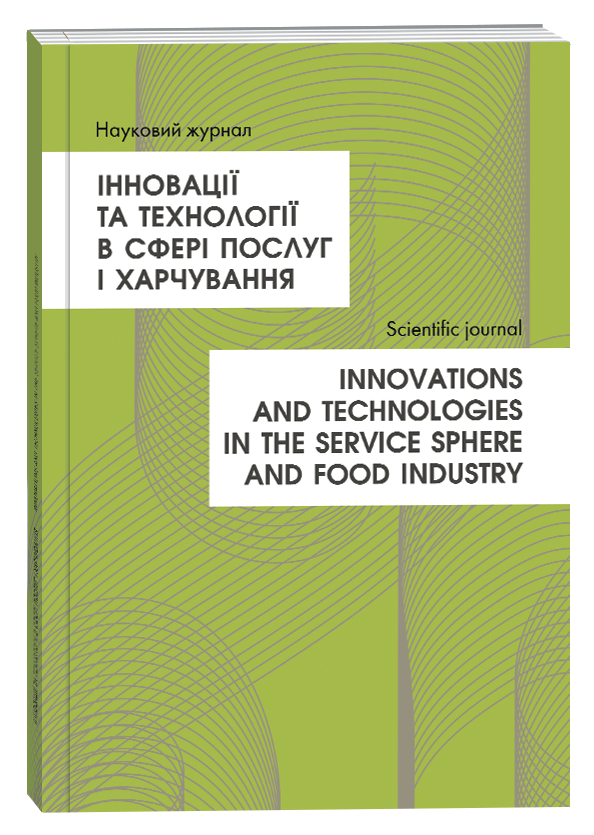ТУРИЗМ ТА МІЖКУЛЬТУРНА КОМУНІКАЦІЯ: ІННОВАЦІЙНИЙ АСПЕКТ
Анотація
The article describes the role of intercultural communication in tourism, identifies global trends in tourism development, analyzes intercultural communication in general, in conceptual content. It is established that the professional and applied component of intercultural communication in tourism is the conceptual basis of tourism activity. It creates the preconditions for the interaction of representatives of different cultures on the initial stage and in the subsequent planning, organization and implementation of joint professional activities in tourism. The article examines the role and place of intercultural dialogue on factual material, analyzes the factors, components and competences, intercultural dialogue, determines the influence of education, language, cultural institutions on the development of the phenomenon under study. The purpose of the study is to discover the aspects of intercultural communication and its points of contact with tourism and hospitality. This paper attempts to expand the understanding of the sustainable-responsible tourism discourse emphasizing advances in scientific and practical knowledge which fits the theoretical and practical nature of the present research. Being based on ongoing research and academic thinking on sustainable and responsible tourism development, this research engages academic knowledge and action research approach. It means that this methodology focuses on the critical thinking from both sides (academic and practical), whether through academic papers or work experience with the tourism industry in designing sustainable tourism development strategies towards intercultural communication and monitoring the implementation process.
Посилання
Airey, D. (2014). From Here to Uncertainty. Tribe, J.; Wickens, E. (eds.). Critical Issues in Tourism Education. Proceedings of the 2014 Conference of the Association for Tourism in Higher Education. ATHE Publication No. 14. Buckinghamshire: Association for Tourism in Higher Education, 9-15.
Hofstede, G. (2011). Dimensionalizing Cultures: The Hofstede Model in Context. Online Readings in Psychology and Culture, 2(1). https://doi.org/10.9707/2307-0919.1014
Reynolds, D., Rahman, I., & Bradetich, S. (2014). Hotel managers’ perceptions of the value of diversity training: an empirical investigation. International Journal of Contemporary Hospitality Management, 26(3), 426–446. https://doi.org/10.1108/IJCHM-02-2013-0079
RTD7 Conference: Responsible Tourism in Destinations, 1e4 October 2013. Cata-lunya, Barcelona. Retrieved 1.12.2013, from:http://www.accessibletourism.org/?i¼enat. en.events.1473.
Sheeran, P., & Webb, T. L. (2016). The Intention–Behavior Gap. Social and Personality Psychology Compass, 10(9), 503–518. https://doi.org/10.1111/spc3.12265



